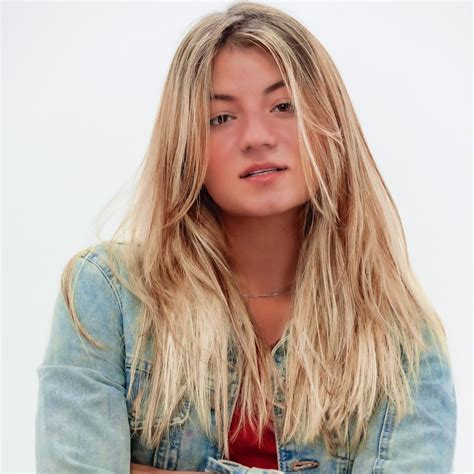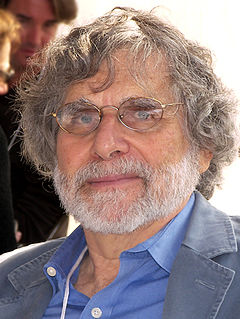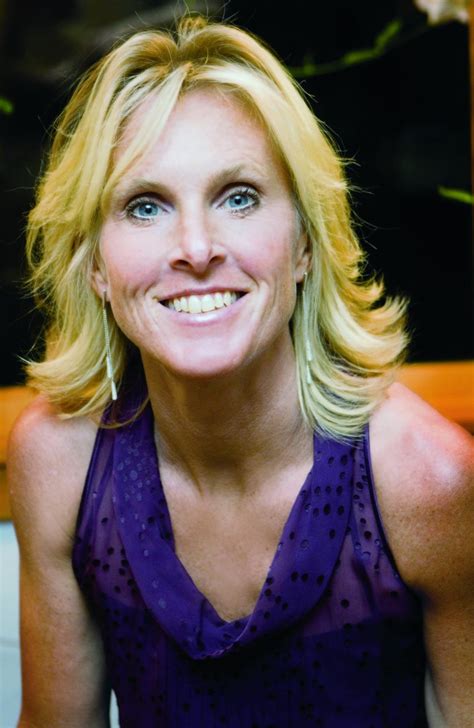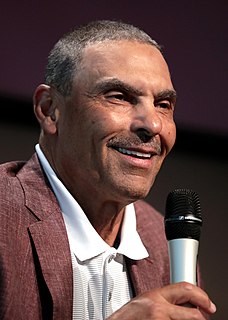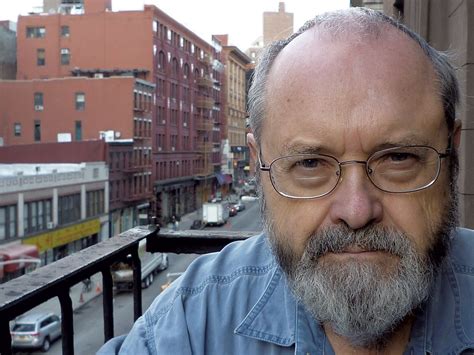A Quote by Sarah Hall
Set in a nameless colonial country, in an unspecified era, Katie Kitamura's second novel tracks the fortunes of a landowning family during the first waves of civil unrest.
Related Quotes
A love revolution is forming far out to sea like a series of waves that build on one another until the whole earth is consumed. The first set of waves releases a quickening anointing. The second set of waves, a love revolution. The third set of waves will sweep across the world and release a worldwide revival. I believe that we can position ourselves to catch this incoming set of waves that will release to you a "quickening spirit" or "quickening anointing." It is being released - now. Catch the wave!
One easy mistake to make with the first novel is to expand the short story. Some things are better as a story; you cannot dilute things into a novel. I think the first hundred pages of a novel are very important. That's where you set things up: the world, the characters. Once you've set that up, it'll be much easier.
It's more like I write multiple first drafts, handwritten. So with my first novel, I wrote whole drafts from different points of view. There are different versions of that novel in a drawer on loose-leaf sheets. I won't even look at the first draft while I'm writing the second, and I won't look at the second before writing the third.
Those who came before us made certain that this country rode the first waves of the industrial revolution, the first waves of modern invention and the first wave of nuclear power. And this generation does not intend to founder in the backwash of the coming age of space. We mean to be part of it-we mean to lead it.
Aomori Water is a sound collage piece made in 1998, in Aomori Japan. I was in a residency with other artists. A Japanese sculptor was making a round house and wanted a sound piece to play in it. I recorded some very gentle waves lapping the beach, for the first part. And a very small mountain stream, flowing, for the second part. I layered 8 tracks. This was the first work that I did in ProTools.

